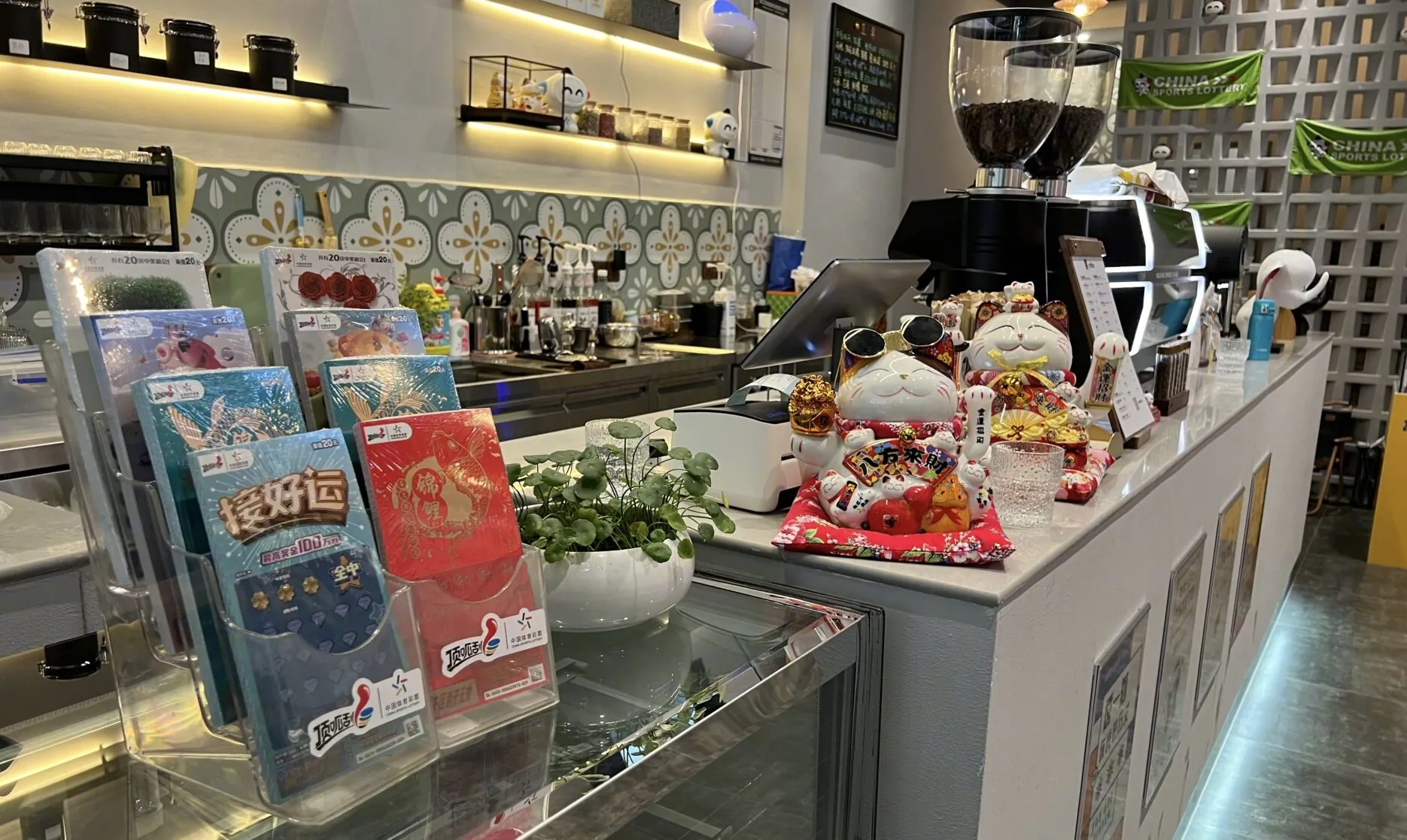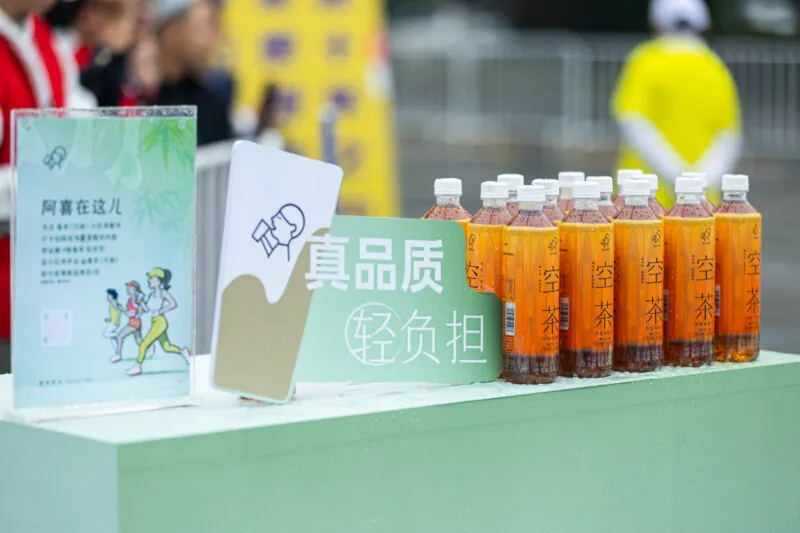Recently, it has been reported that scratch cards have sold out in almost all lottery shops in China. Scratch cards, sometimes called scratch-offs, are a type of instant lottery. The glass cases for these cards have remained empty in most places since late April, while others lucky enough to get replenishment stock sold out immediately over the May Day holiday.
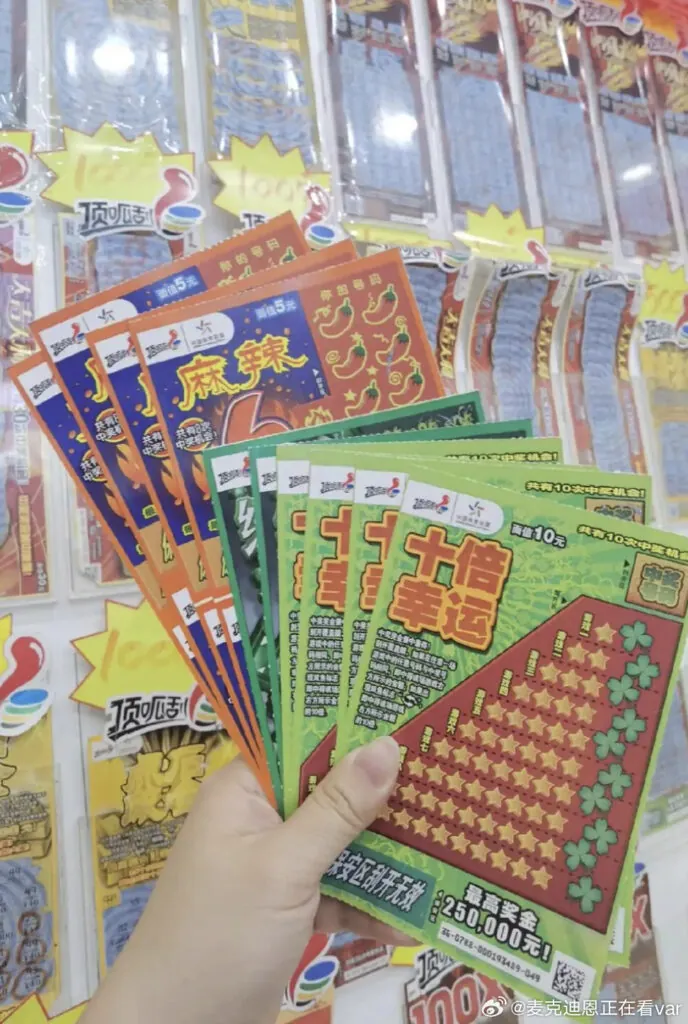
A topic on Weibo, China’s Twitter-like platform, based on the title of an article about this phenomenon called “They’re afraid to sell scratch cards in the open” (#刮刮乐不敢敞开卖了#) reached number 23 on the Hot Search list with 52.89 million views. So, what happened? Who is buying them and why are they not being restocked more rapidly?
Instant gratification
Not only have young people been flocking to buy official scratch card lotteries, but netizens are also making use of the trend creatively
Since last year, scratch cards have been going from strength to strength. What was once considered a game belonging to gullible, older generations has now become the hottest commodity among the young. Not only have young people been flocking to buy official scratch card lotteries, but netizens are also making use of the trend creatively. From influencers visiting popular lottery stores on livestreams to combining “blind boxes” with DIY scratch cards as a form of prize draw, scratch cards have become one of the mainstays on social media and livestream platforms.
And the popularity of scratch cards continues to grow. One of the reasons is, of course, the chance of winning the jackpot. On 10 May, it was reported that a Gen Zer who recently quit her job won 1 million RMB (138,437 USD) through scratch cards. The hashtag “Shanghai post-00er won 1 mil and has partially retired” (#上海00后中奖100万实现局部退休#) gained 160 million views in less than a week, shooting to number 1 on Weibo’s Hot Search list. It also remained on the list for 7 hours and 38 minutes gaining 181,000 engagements and generated other topics such as “Can I live on the interest if I win 1 million RMB?”, which got 18.83 million views.
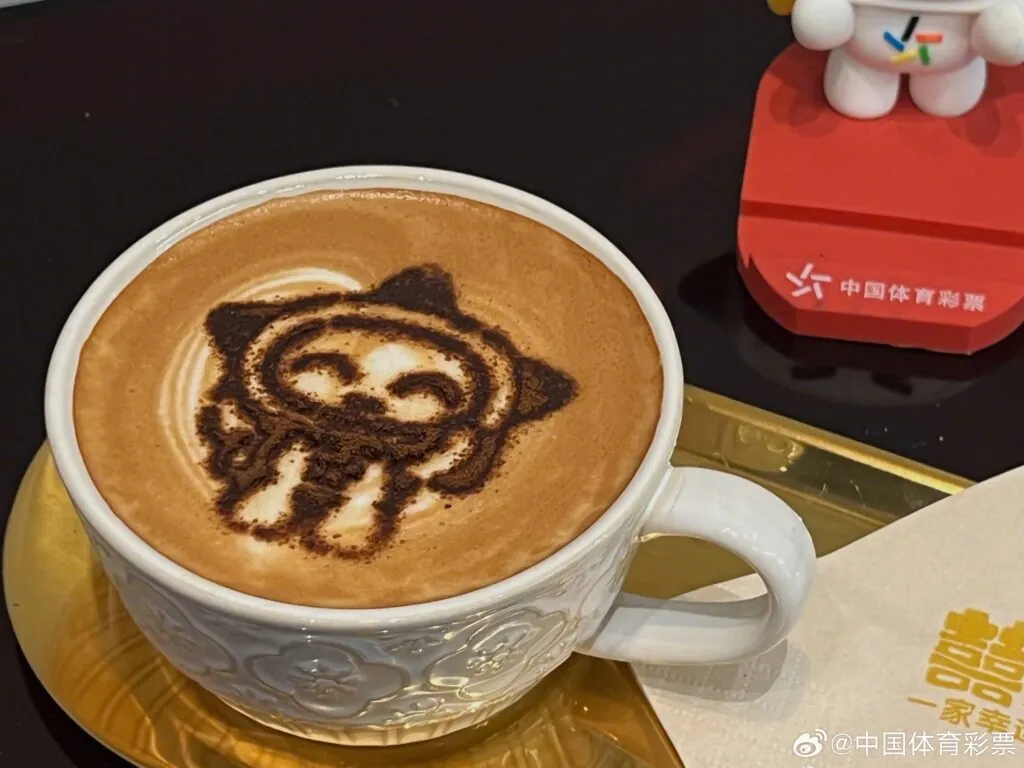
However, it is the “instant” nature of the scratch card that sets it apart from other forms of lotteries such as lotto. You scratch the card at the shop and can cash your reward on the spot if you win. It has become a social activity or hobby for many. Coffee shops in China have been incorporating scratch cards by acquiring relevant licenses since last year, but the recent shortage has cooled down the trend a little.
Selling out?
However, that does not explain why this popular form of lottery is out of stock everywhere and not replenished. According to reports, the shop owners have to wait at the ordering mini programs in the first instance for the ordering page to open, much like competing for concert tickets.
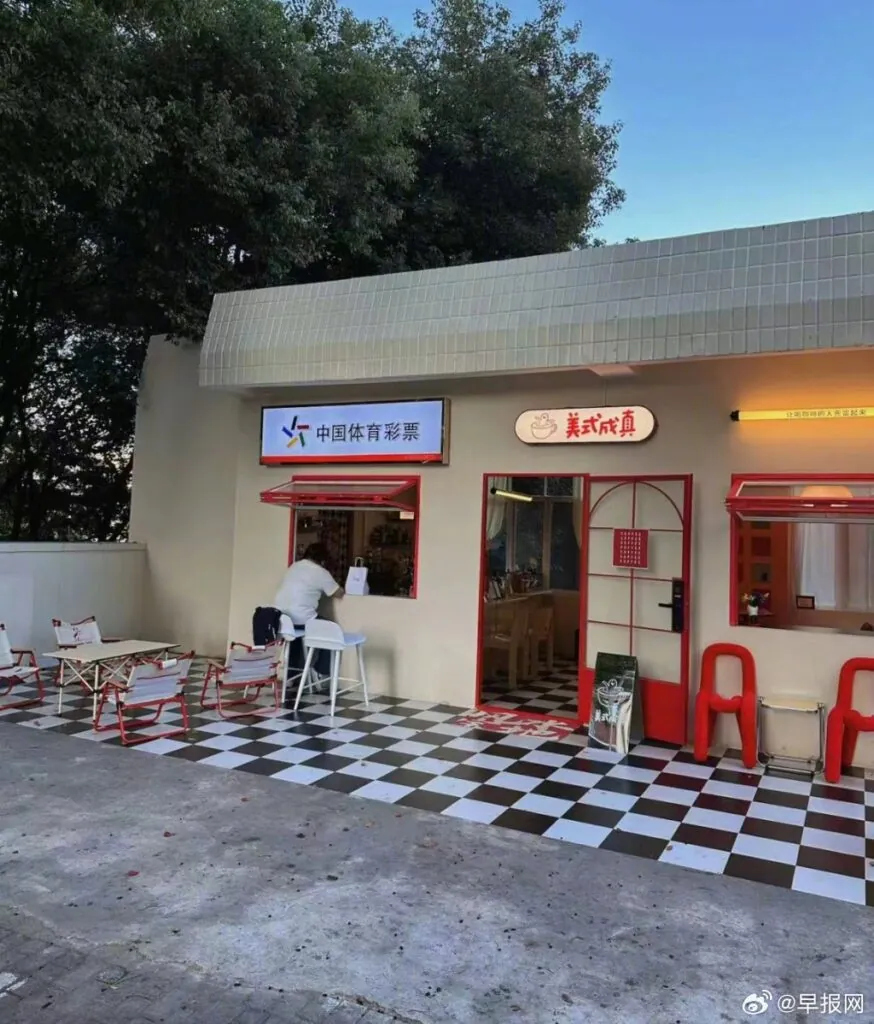
According to data from the Ministry of Finance, the annual sales of instant lottery nearly doubled in 2022 and 2023 from the former 60 billion RMB (8.31 billion USD) to almost 120 billion RMB (16.61 billion USD). In the first 3 months of 2024, sales had already reached 38.9 billion RMB (5.38 billion USD), up from 17.4 billion (2.41 billion USD) in Q1 2023, more than double the year before.
With a long turnaround time and a low target, it is clear the supply cannot keep up with the high demand
However, in China, the supply of scratch cards is strictly regulated and monitored from budgeting to printing. In fact, only 3 factories in Beijing and Shijiazhuang, Hebei are authorised to print the scratch cards. Furthermore, the budget for scratch cards has been growing around 20% annually despite sales almost doubling in recent years. With a long turnaround time and a low target, it is clear the supply cannot keep up with the high demand.
The cheap and fun instant lotteries have a similar small joy to lipsticks in the “lipstick effect” theory
Pundits find that the cheap and fun instant lotteries have a similar small joy to lipsticks in the “lipstick effect” theory, where cheaper items sell well during economic uncertainties. With “rational consumption” still relevant, young people today look to “emotional value” in their purchases to bring comfort to their daily lives. The excitement and probability of winning a small prize appeal to that mentality greatly. Also, with the young increasingly enthralled by “xuanxue”, a mixture of superstition and fun ways to interpret traditional divination, the prize involved in the lottery also becomes a type of good omen for many and a way to test their luck. But whether the production of scratch card will increase to match demand remains to be seen.




